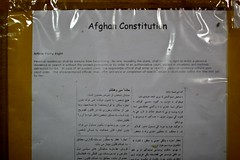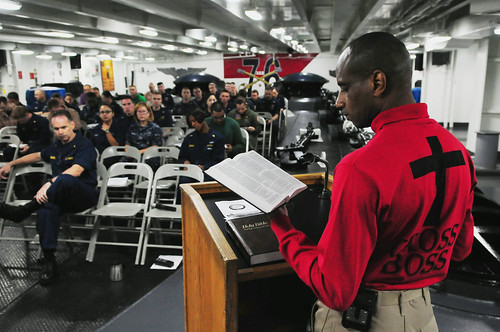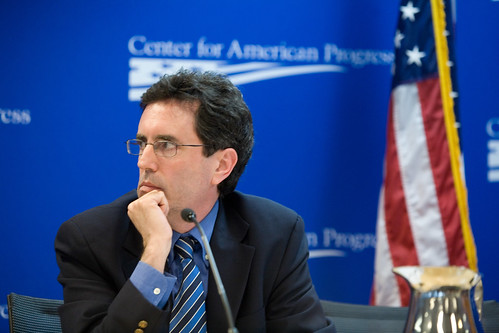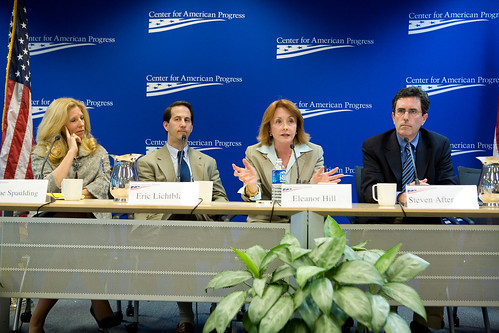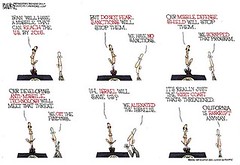Constitute Chandigarh service selection board
UT of Chandigarh came into being at the time of Reorganization of Punjab. The city derived its name from the temple of “Chandi” and Garh denotes a fort. The city serves as capital of both the carved out states of Punjab and Haryana but belongs to none. Its administration was to man officers on deputation from both the states in the ratio of 60:40.
The first Administrator of Chandigarh, designated as “Chief Commissioner” came on deputation from Punjab. Other departments also drew officers on deputation head them in the agreed ratio. As City Grew into a vibrant city, its attraction also grew in terms of setting residences by these Officers. The infrastructure of the city grew. Punjab University came to Chandigarh. Gradually Chandigarh postings turned into posting of prestige.
Officers coming to Chandigarh on deputations indulged in pros and cons ways to stay put in the city. And it was then that manipulations started taking place.. The modus operandi adopted; exploit ‘one’s connections and proximity to those in power’ to get a posting at Chandigarh. The picture that emerges out of this speaks volumes of operational side of the issue.
]]>
It is true that both Punjab and Haryana are pursuing intentions to retain their stake on the City by providing panels for deputation aspirants in the ratio of 60:40. This kills the character of the city and demoralizes UT employees. The UT employees are left aghast at this premise.
The policy surmises that the talent of UT employees is limited to certain sections of the administration and reaching the top of the ladder shall remain a dismal possibility. Deputationists shall enjoy all powers at the middle and senior level postings. What is the need of having Doctors, Lecturers and Teachers on deputation? Intervention of Punjab Health Minister Luxmi Kanta Chawla in the Case of Dr. Bains speaks of the inner story of the case.
She emphasized with the Governor Punjab that his extension is jeopardizing others’ chances for a posting at Chandigarh. In view of this, it is time for introspection for the Union Home Minister and play a positive role to develop a UT cadre, which should be from within UT Employees. A service Selection Board for UT needs to be constituted for the purpose.
Not only UT civil employees, promotion for its Police force also is stalled at certain levels. Promotional avenues in Police department enable only one of them to attain the rank of SP. Others reach a maximum of DSP position. A large number of them retire as inspectors and sub inspectors.
Both Civil and Police employees face promotion drawbacks. A way has to be found to mete out justice to these people.
In the light of the fact, the blue eyed or other favored ones are included in the panels, expecting a very transparent policy for deputations will be utopian. Though bureaucrats from Punjab and Haryana may not like yet your suggestion to have, a strong UT Cadre is need of the hour. This would also end the unsavory service encroachments and open vistas of promotional avenues for UT employees.
Satish Chandra Sharma
# 1605, Progressive Society,
Sector 50-B, Chandigarh
Cell: 988 255 128
Email: sharma.ambakripa@gmail.com.
A Post Graduate in Economics from University of Delhi and a Social activist now. Presently as General Secretary of Chandigarh Social Welfare Council, an NGO, am working in the field of up gradation of infrastructure and regularization of the General Power of Attorney holders in cooperative housing societies at Chandigarh.At my initiative, Chandigarh Administration has done a re-look into the matter raised by me. The rules sought to be applied till now have been observed as “repealed” by the JSF, Chandigarh Administration, yet some of the junior level functionaries are passing on the matter to their seniors in a mechanical manner and hence the woes of the hapless GPAs have yet to be redressed by the Administration. I shall continue writing on the subject and every subsequent article shall endeavor to bring out the anamolied
Article from articlesbase.com
On the Sunday edition of the Alex Jones Show, Alex marks the tenth anniversary of the September 11, 2001 attacks. He looks back at the attacks that led to the destruction of the Constitution and the Bill of Rights and provided a pretext for the global elite to impose a high-tech police and surveillance state as they wage wars of conquest around the world. Alex also looks to an uncertain future as the truth movement grows and the financial elite fight both propaganda and psyop wars against the resistance. (Subscribe to Prisonplanet.tv today!!) www.prisonplanet.tv
Video Rating: 4 / 5

